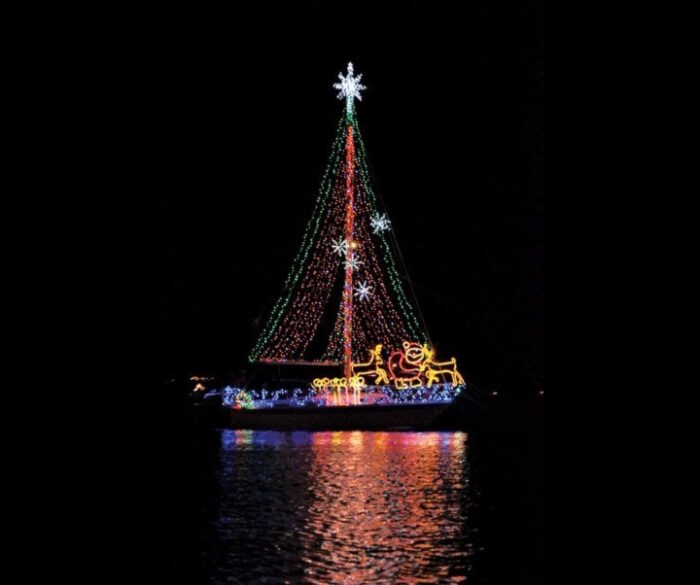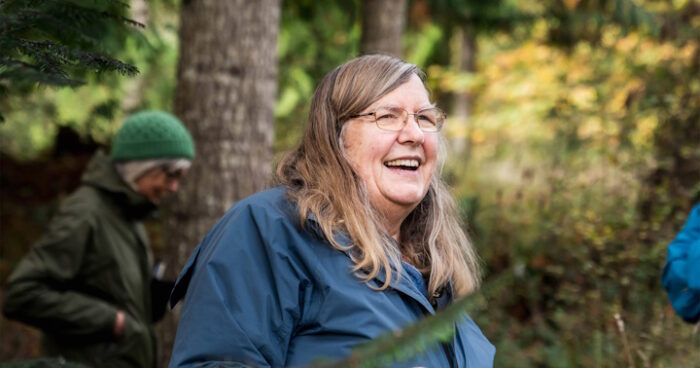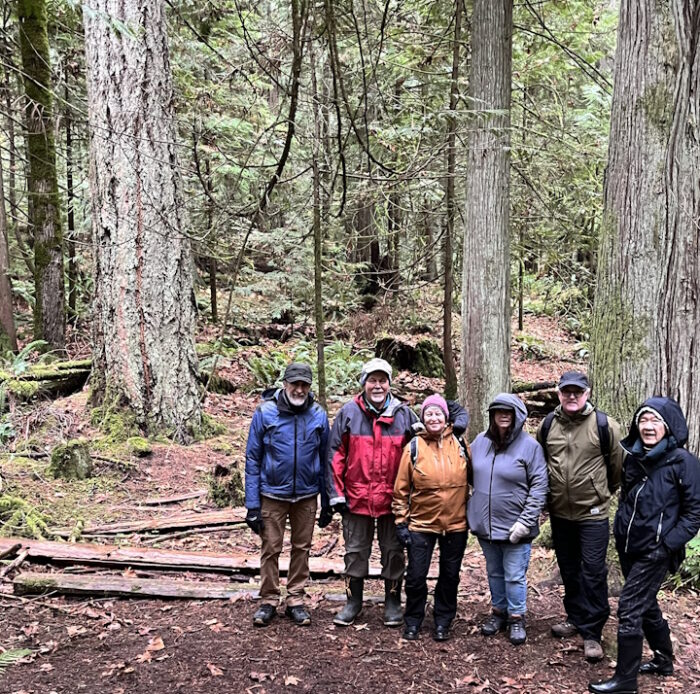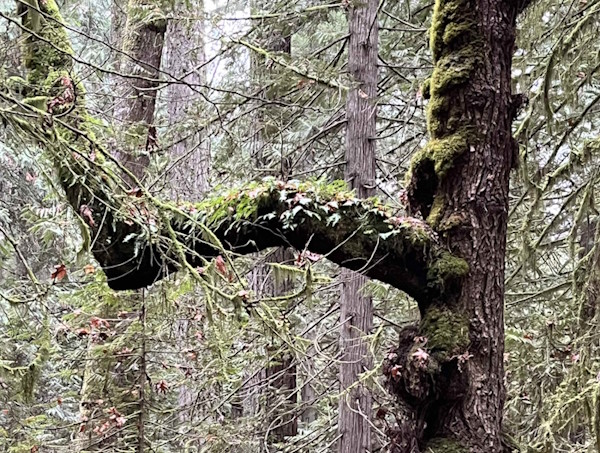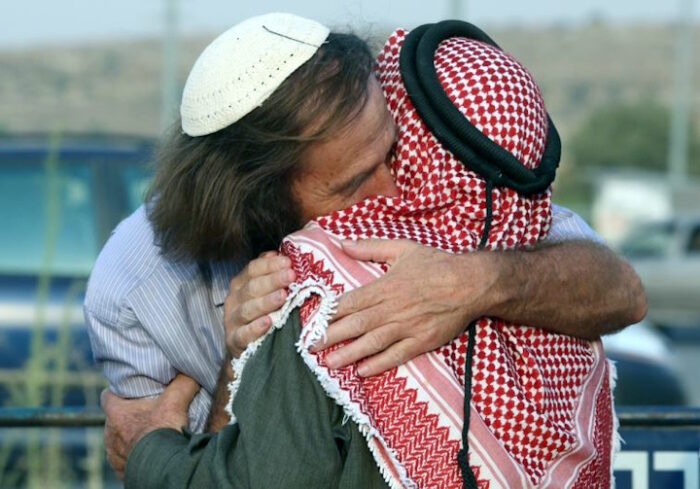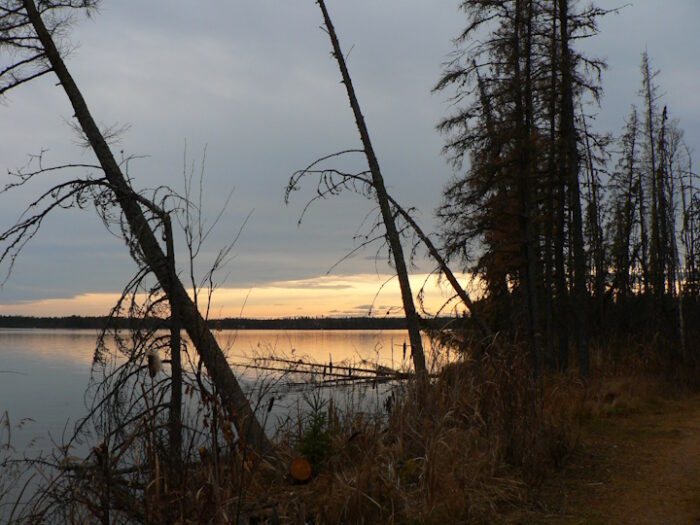Because we followed an evening star,
here, to our new slimmed-down home
among the stolid mountains,
the high jewel lakes, the anxious highway,
the lordly logging trucks,
the life-giving waterfalls of Holland Creek,
the pushy mufflers of Ford 150s,
parked by the shining shops on First,
the lineup at the cinnamon-bun bakery,
gluten-free at Wild Poppy,
the slick black canopy of Salamander Books,
nests of knick-knacks at the general store,
and the old Temperance Hotel, now a gallery
with framed impressions of the Salish Sea;
on to Transfer Beach, its gritty history,
and a constellation of boats,
their masts and sails defined by strings of lights —
the way Christmas puts all things in high relief —
then back to the levitating suburbs,
light the gas fireplace, ease the yearly hollowness
with mulled wine — bury some worries
of the temporary kind.
This year, family-absent, we’ll celebrate
with local friends, share the family stories,
our speckled histories.
We’ll chatter up the joys, modulate the sorrows —
loving reunions, unsolvable divisions —
all that’s real and never far from pain or laughter.
And I’ll prattle on about last-years perfect Christmas,
then recall the one before,
I saw my partner weeping.

